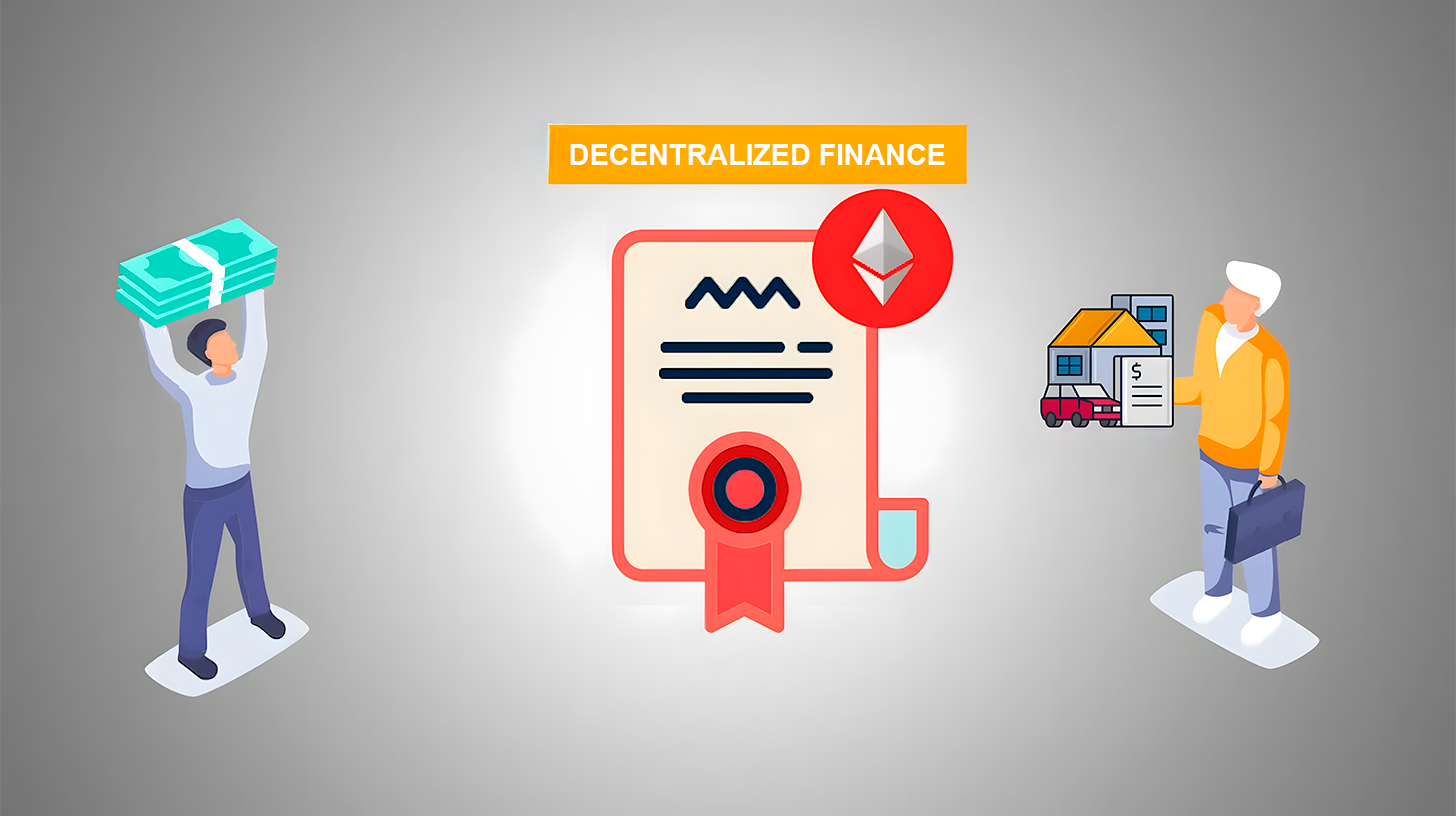Decentralized finance, or DeFi, has been making waves in the financial world, promising a more open, accessible, and less centralized approach to finance. DeFi allows businesses and individuals to bypass traditional financial intermediaries and gain direct access to financial services by leveraging blockchain technology.
What is DeFi?
DeFi stands for “Decentralized Finance”. It refers to using blockchain, specifically Ethereum and other decentralized networks, to recreate and improve traditional financial systems. These include anything from lending and borrowing platforms to “stablecoins” pegged to the U.S. dollar and even tokenized real estate or art.
Accessibility
One of the key advantages of tools like DeFi dApp is its accessibility. Traditional banking systems can be exclusionary or difficult to navigate for small businesses. With DeFi, all that is needed to access financial services is an internet connection. This means that DeFi can potentially democratize access to financial services, making it easier for small businesses to participate in global finance.
Efficiency
DeFi transactions occur on a peer-to-peer basis without the need for a middleman. This can make transactions quicker and more efficient, reducing the time and cost of traditional banking transactions.
Transparency
Blockchain technology, which underpins DeFi, is inherently transparent. Every transaction is recorded on a public ledger, providing unprecedented visibility and accountability. For businesses, this can provide a higher degree of trust and security.

Interoperability
DeFi protocols are built on public blockchains like Ethereum, which means they can interact with each other. This interoperability allows for high customization and flexibility, enabling businesses to tailor financial services to their specific needs.
Practical Applications of DeFi in Business
DeFi can be used in a combination of ways within a business context. For example, businesses can use DeFi platforms for lending and borrowing, taking advantage of the competitive interest rates offered by these platforms.
Furthermore, businesses can use “stablecoins” to hedge against currency fluctuations. Stablecoins are cryptocurrencies pegged to stable assets like the U.S. dollar, providing a degree of stability amidst the volatility of the crypto market.
In addition, businesses can use DeFi protocols to tokenize real-world assets, such as art or real estate. This can unlock new forms of value and make these assets more easily tradable.
While DeFi is still in its early stages and comes with risks, it offers significant potential business benefits. By offering increased accessibility, efficiency, transparency, and interoperability, specialized instruments like Dextools could revolutionize how businesses manage their finances. However, given the regulatory uncertainty and potential security risks associated with this emerging field, careful consideration and due diligence are crucial when integrating DeFi into business operations.
